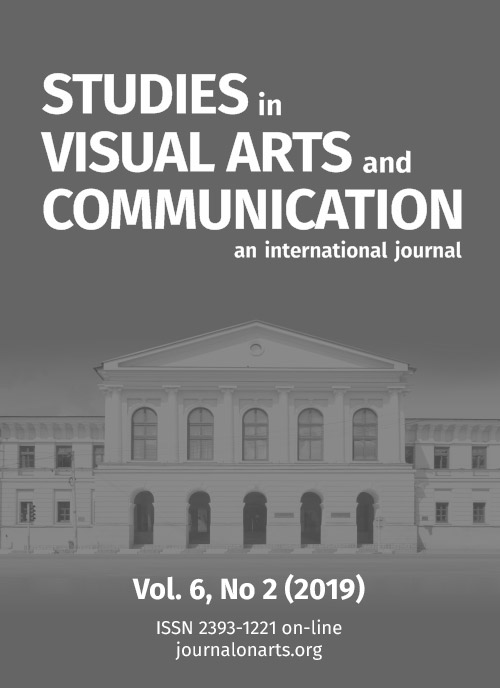Escapism and the Sublime: The Meanings of Illusionism in Livia's Garden Paintings
Escapism and the Sublime: The Meanings of Illusionism in Livia's Garden Paintings
Author(s): Nava Sevilla-SadehSubject(s): Cultural history, Aesthetics, Social history, History of Art
Published by: Editura ARTES
Keywords: Illusionism; Augustan regime; Panem et Circenses; Religious experience; Escapism;
Summary/Abstract: The wall paintings decorating the dining hall in the villa of Livia, Emperor Augustus' wife, depict an abundant orchard with many species of trees, flowers, and birds in a quiet and peaceful setting. Although the style is very naturalistic and mimetic, what one sees is a combination of plants and fruit trees not normally in season together, endowing this orchard with a paradisiacal nature. The picturesque naturalism of the depictions has led scholars to interpret it as a reflection of calm and peace in relation both to the atmosphere under the reign of Emperor Augustus, and to his rehabilitation of the Republic and the spirit of moral renewal he established. Thus, this paradisiacal orchard has been perceived as a reflection of the Augustan Golden Age, the peace achieved after a terrible war, and a return to the traditional values and morals. Indeed, Augustus could well be proud of his achievements. However, a question arises regarding the true nature of the peace and prosperity claimed by Augustus, since it is well attested by researchers of Roman history that hunger and war were still present in many parts of the empire. Augustus employed both economic and social manipulation in order to control the people, and his approach led to an escapist state of mind by the people, as reflected in the concept panem et circenses coined by Juvenal. Such escapism was typical to the Roman disposition and was further nurtured and intensified by the Roman emperors. The present study focuses on a prominent picturesque feature in Livia’s "garden" paintings – illusionism, which is manifested in several aspects. This visual illusionism suggests a reflection of a mental illusionism: namely, the illusory and delusive atmosphere and the escapist spirit generated by Emperor Augustus.
Journal: Studies in Visual Arts and Communication
- Issue Year: 6/2019
- Issue No: 2
- Page Range: 3-14
- Page Count: 12
- Language: English

